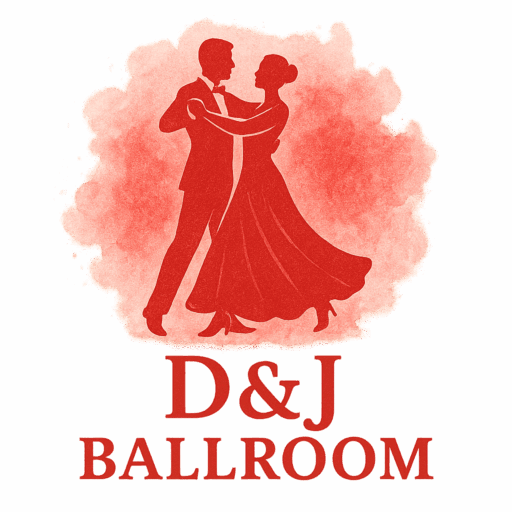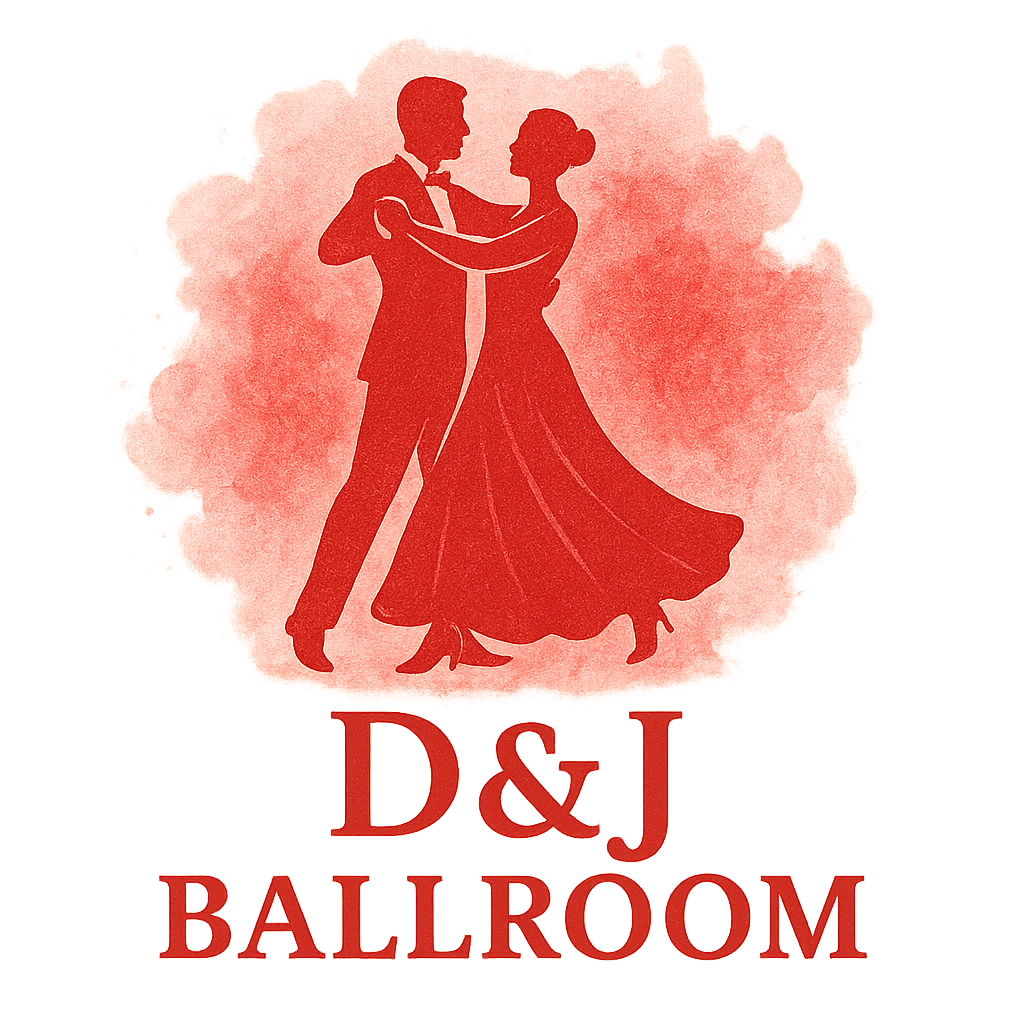When it comes to ballroom dancing, posture is everything. Not only does it elevate your elegance on the floor, but it also enhances your technique and partner connection. So, if your instructor keeps correcting your stance, don’t worry—you’re not alone. The good news? Fixing your ballroom posture can be fast and effective with the right focus.
Let’s dive into five proven ways to fix your ballroom posture instantly—yes, instantly. These aren’t fluff tips. They’re used by pros and competitive dancers worldwide.
Why Ballroom Posture Matters More Than You Think
Your posture is your first impression in ballroom. From competition judges to your partner and even the audience, they all notice how you carry yourself. But it’s more than just aesthetics—it’s your foundation for ballroom techniques and training.
A strong posture:
- Helps lead and follow more clearly
- Prevents injuries and fatigue
- Adds grace and power to every move
If you’re struggling with posture, you’re probably also struggling with technique. They’re connected, which is why great posture is often a dancer’s secret weapon.
The Most Common Posture Mistakes Dancers Make
Even experienced dancers fall into bad habits. Let’s quickly go through the top posture pitfalls.
Slouched Shoulders
This is the enemy of elegance. Slouching makes you look tired and unsure. Worse, it restricts movement in the upper body, which is essential in styles like Waltz and Tango.
Bent Knees and Collapsed Core
Bent knees aren’t always bad, but when paired with a disengaged core, your whole posture falls apart. Think of your core as your internal support system.
Head and Neck Misalignment
If your chin is too high or low, it throws off your balance and ruins your line. Many dancers have what’s called “tech neck”—constantly jutted forward. Not a good look on the floor!
1. Engage Your Core Like a Dancer
Understanding the “Dance Core”
This isn’t about six-pack abs. Your dance core includes deep stabilizing muscles around your pelvis, spine, and ribcage. It’s your powerhouse.
When engaged, it pulls your spine upward and stabilizes every movement—crucial for maintaining upright posture during spins and transitions.
Simple Drill to Activate Your Core
Try this quick drill:
- Stand tall.
- Pretend someone is about to punch you in the stomach (brace for it).
- Hold that tension while breathing normally.
That feeling? That’s your dance-ready core. Engage it before every drill and routine.
2. Roll Your Shoulders Back (But Not Too Far)
Creating Shoulder Awareness
Here’s a quick fix you can do anytime: stand up, roll your shoulders forward, up, back, and down. Now hold them there.
Feel that openness in your chest? That’s the sweet spot. You want your shoulders to be back, but relaxed—not military-style stiff.
The Mirror Trick for Instant Feedback
Stand in front of a mirror. Raise your arms into frame. If your shoulders creep up, you’re adding tension. Reset them down and wide. Use this trick while rehearsing your ballroom dance styles.
3. Align Your Neck and Chin with Confidence
Avoiding the “Turtle Neck” Look
A lot of dancers push their heads forward during focus or connection. Instead, tuck your chin slightly and draw your neck back over your spine—like a string is lifting the crown of your head.
You’ll look instantly more poised and confident.
Visualization Technique to Improve Head Position
Imagine a beam of light shooting from your chest across the room. Now, lift your eyes to follow it, chin level. Voilà—dancer energy activated.
Explore more alignment visuals in our training guide.

4. Elongate Through the Spine and Hips
Feeling the Lift from Within
Think of your body as a marionette puppet. There’s a string pulling from the top of your head, and one from your tailbone down. Let your spine stretch upward while keeping your hips grounded.
This vertical energy helps with flow in competitive events and fast pivots.
Practice Drill: The Wall Alignment Check
- Stand with your back against a wall.
- Ensure your heels, butt, upper back, and head touch the wall.
- Hold this alignment for 30 seconds, then step forward and dance.
You’ll feel taller, lighter, and more connected.
5. Maintain Proper Frame with Your Partner
Balance Between Connection and Resistance
Your frame isn’t just for show. It’s a structure for communication. Hold too tight? You collapse into your partner. Too loose? You lose connection.
Find the balance of offering resistance while staying mobile. This is key to ballroom connection.
Partnered Posture Feedback Exercise
Have a partner give you real-time feedback:
- “Are my shoulders even?”
- “Does my frame feel supported?”
- “Do I feel heavy?”
Feedback like this sharpens your posture awareness instantly.
Beyond the Basics: Keep Training Your Posture
Incorporating Posture Into Daily Practice
Don’t just save posture work for class. Try this:
- Do your core engagement drill while brushing teeth.
- Set reminders to check your shoulders while working.
- Walk like you’re on a ballroom floor—even at the grocery store.
Daily habits reinforce posture more than sporadic lessons.
Advanced Ballroom Techniques and Drills
To keep improving, incorporate advanced posture training from our ballroom techniques & training guide. You’ll also find specific sections on fashion, events, and styles that influence posture presentation.
And if you want to look the part, don’t underestimate the power of proper attire. Explore the latest in ballroom wardrobe to complement your posture.
Conclusion
Fixing your ballroom posture doesn’t require months of retraining—it starts with awareness and a few intentional actions. From engaging your core to aligning your head and adjusting your shoulders, each fix has the power to elevate your performance instantly.
Remember, every great dancer once had poor posture. What made them great? They fixed it—daily, consistently, and with intention. So can you.
Want more tips on technique, ballroom history, and style? Visit our full archive at D&J Ballroom.
FAQs
1. How long does it take to see posture improvement in ballroom dancing?
With daily attention and a few minutes of focused practice, noticeable improvements can appear within a week.
2. Can poor posture cause dance injuries?
Absolutely. Misalignment puts extra strain on joints and muscles, increasing the risk of injuries, especially during competitions.
3. Do different ballroom styles require different posture techniques?
Yes. For example, Waltz emphasizes lift and flow, while Tango involves a grounded, forward intention.
4. Should I practice posture alone or with a partner?
Both! Solo drills build awareness. Partner work integrates those corrections into real-time movement.
5. How does ballroom attire affect posture?
The right fashion choices (like proper shoes and fitted clothing) enhance posture. Ill-fitting attire can restrict movement and throw off alignment.
6. Are there specific drills to help with competitive posture?
Yes, explore our section on ballroom drills and competition techniques for advanced posture work.
7. Where can I find more ballroom posture training?
Head over to our training page or dive into our dance style and culture articles for deeper insight.


